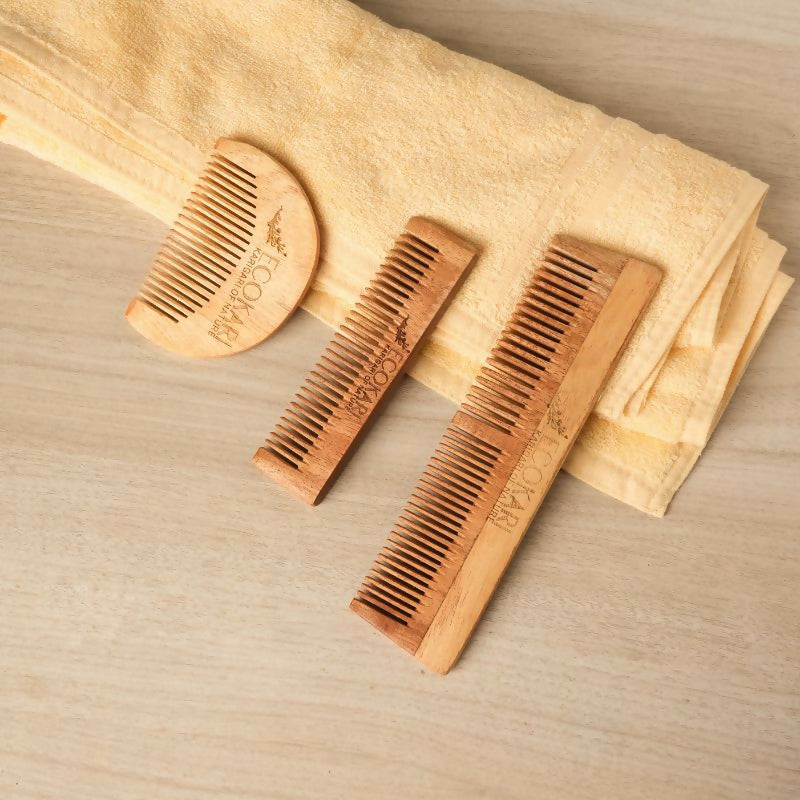Eco Bricks - A revolutionary way of upcycling everyday plastics

(Image Credit-Josephine Chan & Ian Christie)
Let’s be real! We are nowhere close to reducing our plastic consumption. The Covid-19 pandemic has made giving up single use plastics even more difficult than before. While we are trying to figure out ways to eliminate plastic from our daily lives, what can we do about the ones that we have already used and still exist in our world? Are you thinking about recycling? Well guess what. Not all kinds of plastics can be recycled. Like that packet of chips you just ate, cannot be recycled. The cup of coffee that you so happily bought from Starbucks cannot be recycled either. Tissues, plastic bags, plastic gift wraps and straws the list is endless. So what can we do?
We believe the answer is Upcycling! And one really interesting way to upcycle already existing everyday plastic lying around us is through Eco Bricks.
An Eco brick is a plastic bottle packed to a set density with used plastic. It’s created by filling a plastic bottle with dry plastic until it’s packed tightly and can be used as a building block. Made of non-biodegradable plastics, Ecobricks will never break down and hence is the greenest solution to build permanent structures from buildings to furniture - which makes them a great way to reduce the plastic waste sent to landfill, extend the life of plastics manufactured for single use and build more affordable infrastructure from pre-existing materials. The weight & density of ecobricks is essential to ensure they’re a sturdy, reliable replacement for regular building materials. They’re used in developing countries to construct furniture, fences and even buildings, countries like UK also use it to build children’s playgrounds.

(Image Credits: Greenpop Organisation)
History
The story of EcoBricks starts in Guatemala, and takes us, via the Philippines, to South Africa. Susanna Heisse, an environmental activist in Guatemala developed the first construction system with Eco bricks in 2003 for solving plastic pollution challenges faced in Lake Atitlan communities. She built a wall out of them, which became an inspiration to others around the world. This led to one of the first towns in South Africa called Greyton to design schools, community gardens and an eco village based on this concept. Later Ian Dommisse, an architect based in Port Elizabeth got so highly inspired that he started an EcoBrick Exchange, a network of local business partners who are happy to offer storage space and discounts in exchange for EcoBricks, as well as community swap shops, where second hand items of value are exchanged for EcoBricks.
“It’s such a transforming act. When you see how much plastic goes into one bottle and you see how much plastic is in your daily life…the idea is that the habit makes you more conscious of your daily footprint." - Ian Dommisse
Advantages of Ecobricks -
- Plastics are durable in nature hence eco bricks provide longevity.
- As you know plastics remain the same for 1000 years or more, hence eco bricks will never break down.
- By nature, plastic is water resistant so whatever you make out of eco bricks, it will be safe from water.
- Seeing blocks and buildings around you made out of basically rubbish becomes a source of inspiration for everyone to reduce their plastic waste.
- All this plastic would otherwise end up in our oceans, Eco bricks prevent that from happening.
- A lot of plastic waste is burnt which in turn creates pollution so eco bricks in a way help reduce global warming.
- If thrown away, plastics break down into micro plastics. Eco bricks helps to reduce the harmful effects of plastic degradation.
- Ecobricks is a low energy solution to plastic waste as it doesn't demand technology or funds. It can be made anywhere by anyone with the basic abilities and some waste in hand.
Make your own Ecobrick -
Ecobricks are very simple to make and you can start making yours by simply collecting a few plastic bottles, preferably of the same size and follow the steps.
- Collect, clean and dry plastic waste at home. Items such as foil, cling wrap or any other non-recyclables will be sure to fill up your Eco brick.
- Compress waste into a plastic bottle with a stick. An old-fashioned wooden spoon handle does the trick.
- Pack tightly after every level to ensure the waste is properly compacted.
- Squeeze the bottle with your hand to check if it’s tight and full enough or tries standing on it to see if it holds your weight.
- Seal tightly with the bottle top! And now you’re ready to use your Eco Brick.

Get started today. Turn your next bottle into an Eco Brick and see how that changes the way you think about waste.






It’s really amazing
It’s really amazing
It’s really amazing
Environmental is our life
This method can be usefull for clearing plastic waste.
Leave a comment